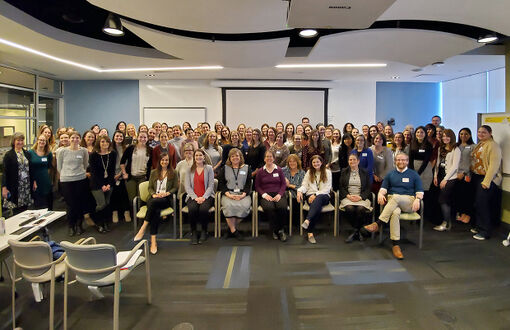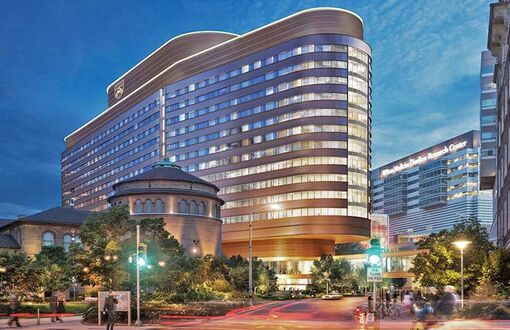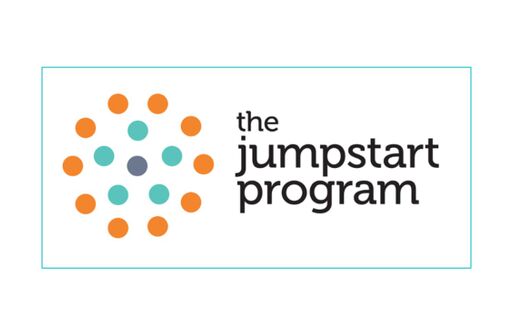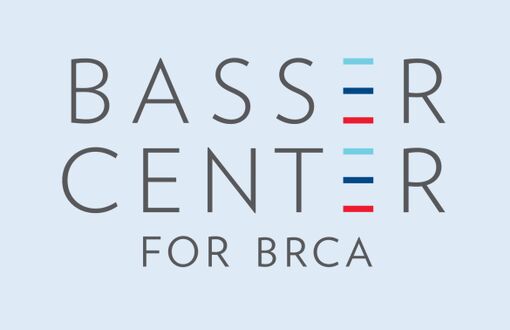Home
News
-
MSGC Program Newsletter Celebrates First Five Years at Penn
Friday, August 15, 2025
The MSGC program has published a newsletter called Updates to celebrate the growth and achievements of it's first five years at the University of Pennsylvania, which built on the program's 25 years at Arcadia University. It includes profiles and achievements of program leadership, graduates and students; reports on new and longtime activities and opportunities; and recognizes some of the many people and organizations that contribute to the program's success.
Click here to read Updates, Volume 1.
-
UPenn MSGC Program Celebrates 5 Years at Penn - and a New Certificate Program for Advanced Research Training for GCs
Thursday, May 1, 2025
The MSGC program is celebrating the graduation of it's 5th class at UPenn, following 23 at Arcadia University!), and the growth and development that has occurred since the program moved to it's new home in 2019. An article in Penn Medicine News explores the future of genetic counseling, with a spotlight on Penn's Advanced Research Training for Genetic Counselors (ART-GC) certificate program, which is funded by a generous grant from the Warren Alpert Foundation. Click the title to read the full story.
-
Katalin Karikó and Drew Weissman, Penn’s historic mRNA vaccine research team, win 2023 Nobel Prize in Medicine
Monday, October 2, 2023
The University of Pennsylvania messenger RNA pioneers whose years of scientific partnership unlocked an understanding of how to modify mRNA to make it an effective therapeutic—enabling a platform used to rapidly develop lifesaving vaccines amid the global COVID-19 pandemic—have been named winners of the 2023 Nobel Prize in Physiology or Medicine. They become the 28th and 29th Nobel laureates affiliated with Penn, and join nine previous Nobel laureates with ties to the University of Pennsylvania who have won the Nobel Prize in Medicine.
Nearly three years after the rollout of mRNA vaccines across the world, Katalin Karikó, an adjunct professor of neurosurgery in Penn’s Perelman School of Medicine, and Drew Weissman, the Roberts Family Professor of Vaccine Research in the Perelman School of Medicine, are recipients of the prize announced this morning by the Nobel Assembly in Solna, Sweden.
The UPenn MSGC Program is fortunate to be based at the Perelman School of Medicine, the first medical school in the country and rated in the top five in the country for the last twenty years, and at a University and in a city where medical and educational breakthroughs and innovations have been a way of life for 300 years.
The combination of experience, tremendous resources, and a dedication to excellence makes the University of Pennsylvania's Master of Science in Genetic Counseling program a top choice for graduate education.
Mission Statement

The mission of the Perelman School of Medicine’s Master of Science in Genetic Counseling program is to maximize the resources and clinical expertise of a renowned academic, research-oriented medical school to prepare the next generation of genetic counseling clinical scholars in order to shape the future of genetic counseling and genomic medicine.
Vision Statement
Our vision is to be the premier scholarly and experiential educational program that prepares genetic counseling students to become leaders who will advance patient care in the field of genetics and genomics.
The UPenn Master of Science in Genetic Counseling Program stands with the Perelman School of Medicine in support of the values of the University of Pennsylvania, as expressed by University President J. Larry Jameson in April 2025:
Penn upholds academic freedom, open inquiry, and principled non-discrimination as essential commitments. Especially in times of uncertainty or challenge, our University Values guide our actions and shape the environment where learning and discovery can thrive. These values are not negotiable – they are foundational. Our strength as a university lies in our diversity of thought, background, and experience. We will continue to ensure we cultivate a community where we are stronger, more innovative, and more effective as a place of learning because we bring different skills and allow every person to flourish. We are defending the vital work of our faculty, staff, and students through our institutional advocacy and are standing firm in protecting the legal rights of our institution and the academic community.
The program received full re-accreditation in 2023 for the maximum of eight years, through August 1, 2031, and meets the ACGC requirements for curriculum content, clinical experience, and overall program design. Graduates of the program are qualified to sit for the certification examination offered by the ABGC and to apply for state licensure.






